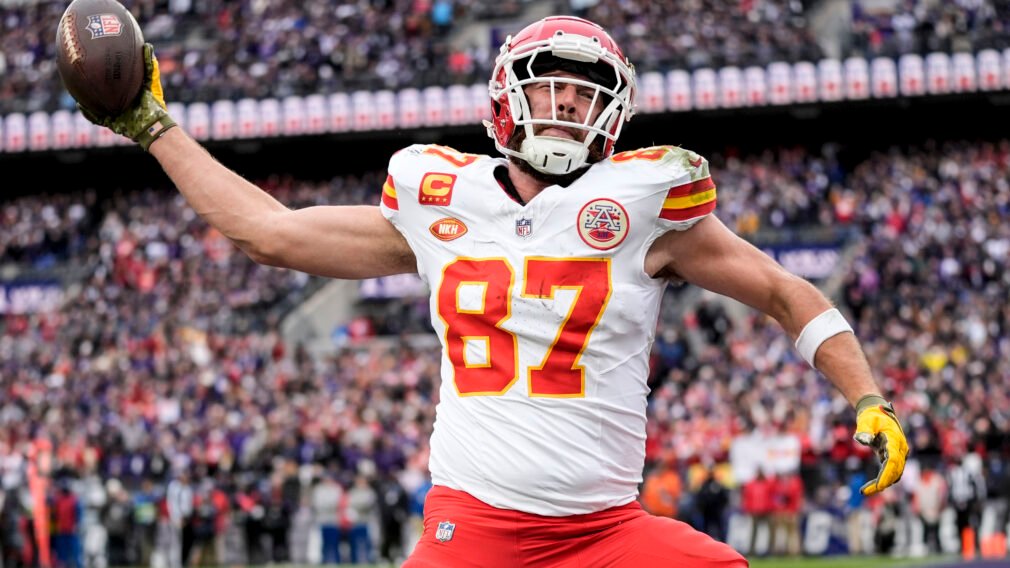US Sports Leagues Oppose Canadian Gambling Ad Restrictions
The expansion of sports betting across North America, especially in the US and Canada, has brought new advertising and sponsorship opportunities. However, a proposed bill in Canada to restrict gambling ads is now facing opposition from major US sports leagues.

Lawmakers Consider Bill S-269
The expansion of sports betting across North America has led to a surge in sponsorships and gambling advertisements, creating new opportunities for both sports leagues and the gambling industry.
In nearly 40 US states and Canada, this rapidly growing sector has attracted considerable attention.
However, a new development in Canada could change the landscape for gambling ads.
Lawmakers are currently reviewing Bill S-269, a proposal aimed at restricting gambling advertising across the country.
Recently, this bill gained traction following a meeting of the Senate of the Transport and Communications Committee.
It was referred to the full chamber, where it will undergo further scrutiny before it can be passed into law.
Opposition from Major Sports Leagues
The bill has raised concerns among key stakeholders, including some of North America’s largest sports organizations.
Both the National Hockey League (NHL) and the National Football League (NFL) have publicly opposed the proposal.
In a joint letter submitted to the Canadian Senate, these leagues expressed their reservations, emphasizing potential negative consequences for both the sports and gambling industries.
NHL Raises Questions on National Legislation
Conal Berberich, NHL’s group vice president and deputy general counsel, acknowledged the league’s support for measures to enhance player protection but questioned the necessity of national legislation.
He highlighted the effective cooperation between industry stakeholders and the success of provincial-level regulations, arguing that additional restrictions might be unnecessary.
“The elimination of illegal gambling, especially offshore betting operators, requires not simply a legal alternative, but robust, active monitoring and enforcement backed by significant civil and criminal penalties for violations,” Berberich stated.
He also warned that restricting advertisements could limit consumer awareness and prevent sportsbooks from distinguishing themselves in a competitive market.
NFL Warns Against Overregulation
Similarly, the NFL raised concerns over the potential impact of the bill.
Jonathan Nabavi, the league’s vice president of public policy and government affairs, pointed out that while sports betting legalization has expanded across the US, illegal markets have remained resilient.
He suggested that overly harsh restrictions on advertising could inadvertently drive consumers toward illegal operators.
“Unreasonably curtailing responsible advertising will inevitably hamper the important effort to channelize illegal sports betting into the legal market,” Nabavi wrote.
He also stressed the need for continued collaboration between regulators and industry stakeholders to address illegal gambling through proactive monitoring and enforcement.
Recommended
